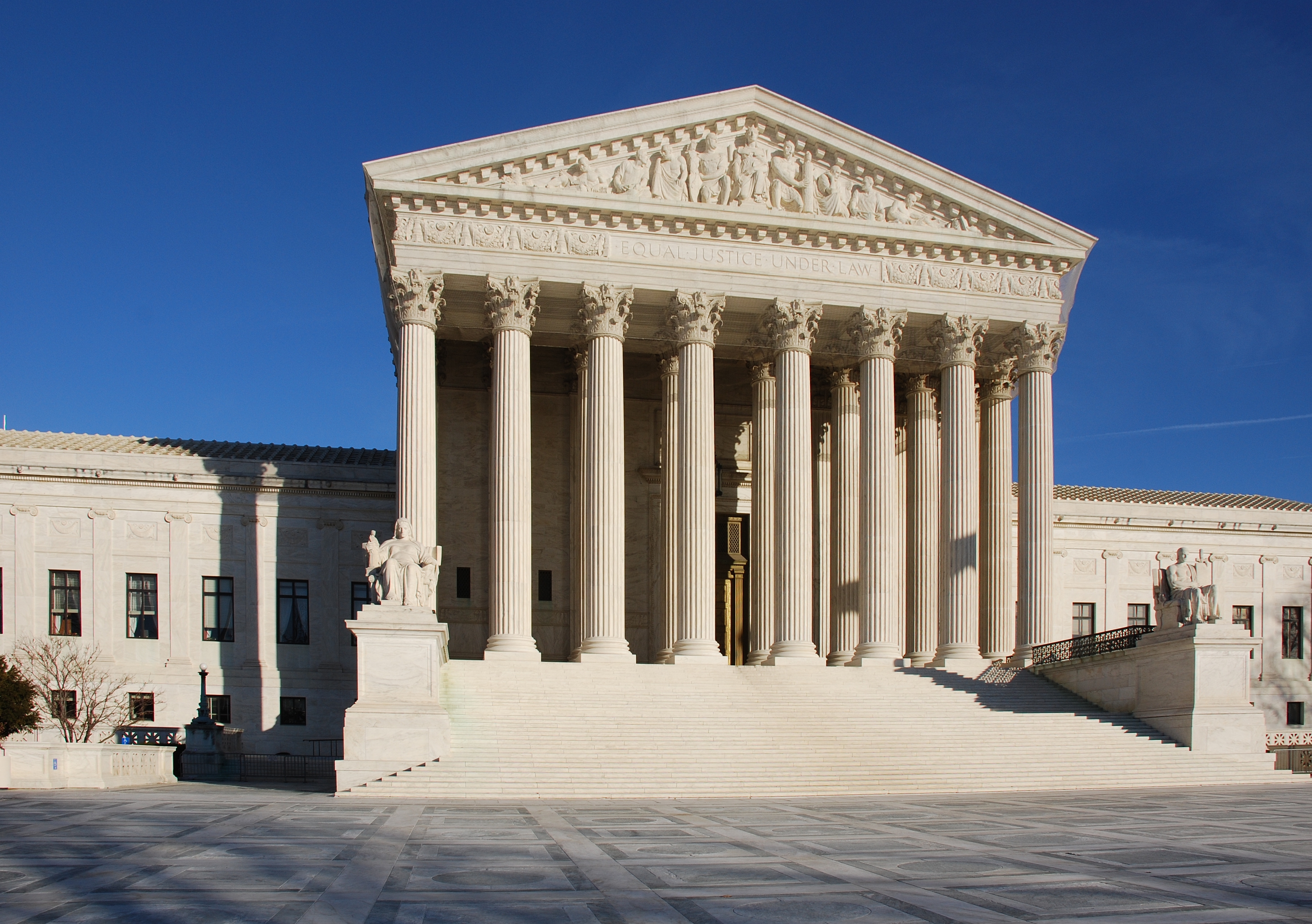
Photo by Jarek Tuszyński via Creative Commons
The U.S. Supreme Court has strengthened the constitutional rights of all Americans.
In an 8-1 decision today (March 8), the court ruled that those who have suffered past constitutional deprivations can have their cases heard in court, even when they only seek an award of $1 in “nominal” damages. The justices resolved a split between circuit courts of appeals. Those courts were divided as to whether a nominal award was sufficient for courts to issue rulings in such cases.
The case, Uzuegbunam v. Preczewski, made strange bedfellows between religious outfits and organizations such as the Freedom From Religion Foundation. Both types of groups would like to see federal courts resolve constitutional challenges rather than have a belated change in government policy in response to a lawsuit “moot” the case.
Uzuegbunam involved a challenge to restrictions on religious literature distributions at a Georgia college by two former students. After the suit was filed, college officials got rid of the challenged policies and then sought to dismiss the lawsuit, arguing that the changes mooted the case. If the case were dismissed, even though the students were successful in ending the policy, it would mean the case would not become precedent that could be invoked by students in similar circumstances. The plaintiffs argued that at least one of the students should be able to pursue nominal damages for past violations of his constitutional rights. Nominal damages are court-awarded symbolic amounts of money (such as a single dollar). They signify the violation of rights that are hard to quantify in actual dollars.
“This decision will help protect First Amendment rights and allow for plaintiffs to have their cases heard,” says FFRF Senior Counsel Patrick Elliott. “Government actors can no longer change the rules in the midst of litigation and then turn around and claim that the plaintiffs’ claims are unworthy of a court decision.”
Justice Clarence Thomas, writing for the majority, stated: “This case asks whether an award of nominal damages by itself can redress a past injury. We hold that it can.” He added, “Nominal damages are not a consolation prize for the plaintiff who pleads, but fails to prove, compensatory damages.”
Chief Justice John Roberts was the lone dissenting justice.
Prior to the decision, FFRF had prevailed against similar tactics in one of its ongoing cases. In that lawsuit, a West Virginia school system temporarily ceased its bible instruction in elementary schools. The school system then argued in court that the plaintiffs’ claims for past injuries were moot because only a claim for nominal damages remained. FFRF defeated these motions in the district court. The Uzeugbunam decision finally puts the issue to rest.

